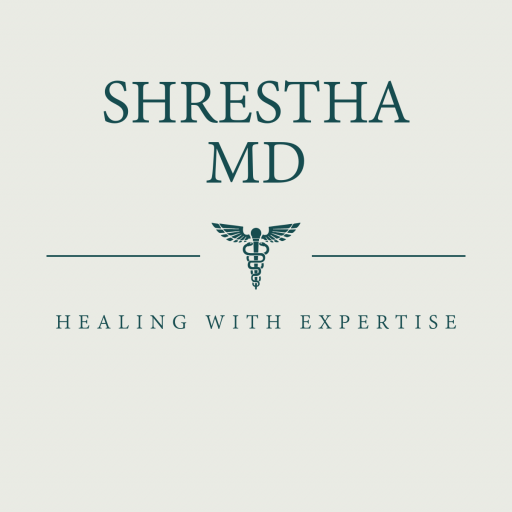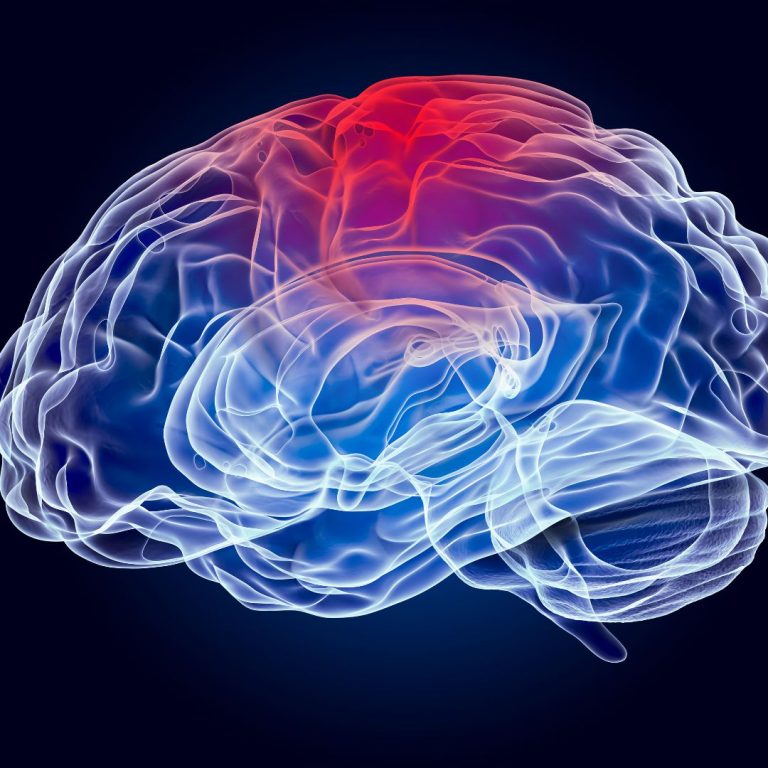Muscle Cramps: Causes, Prevention, and Treatment
Muscle cramps can happen to anyone—whether you’re exercising, sleeping, or just going about your day. Though often harmless, cramps can be uncomfortable or even painful.
What Are Muscle Cramps?
A muscle cramp is a sudden, involuntary contraction or spasm of one or more muscles. It often feels like a hard knot and can cause sharp pain that lasts from a few seconds to several minutes. Cramps most commonly affect the legs, especially the calves, but can occur in any muscle group.
Common Causes of Muscle Cramps
Muscle cramps can be caused by a variety of factors:
- Dehydration: Loss of fluids and electrolytes (like sodium and potassium) can disrupt muscle function.
- Overuse or fatigue: Intense exercise or prolonged standing can trigger cramps.
- Poor circulation: Reduced blood flow to the muscles, often in the legs, can lead to cramping.
- Electrolyte imbalances: Low levels of calcium, potassium, or magnesium may contribute.
- Medical conditions: Conditions like diabetes, thyroid disorders, or nerve compression can increase risk.
- Medications: Some drugs (like diuretics or statins) may have muscle cramps as a side effect.
- Aging: Cramps tend to become more common as we age due to muscle loss and other changes.
Prevention Tips
Here are some simple ways to help prevent muscle cramps:
- Stay hydrated: Drink enough water throughout the day, especially when exercising.
- Stretch regularly: Stretching before and after activity helps keep muscles flexible.
- Warm up and cool down: Always prepare your muscles before exercise and give them time to recover afterward.
- Maintain balanced electrolytes: Ensure your diet includes enough potassium, magnesium, calcium, and sodium.
- Avoid overexertion: Listen to your body and avoid pushing yourself too hard, especially in heat.
How to Treat Muscle Cramps
If you do experience a cramp, here’s what you can do:
- Stretch and massage the affected muscle gently.
- Apply heat if the muscle is tight or a cold pack if there’s soreness afterward.
- Hydrate—drink water or an electrolyte-rich beverage.
- Walk around or gently move the muscle to relieve tightness.
- Over-the-counter pain relief like ibuprofen may help if soreness lingers.
When to See a Doctor
While occasional cramps are normal, you should consult a healthcare provider if:
- Cramps are frequent or severe
- They interfere with sleep or daily activities
- They don’t improve with basic care
- You notice muscle weakness, swelling, or changes in sensation
Muscle cramps are common but manageable. With proper hydration, nutrition, and muscle care, you can reduce their frequency and intensity.



